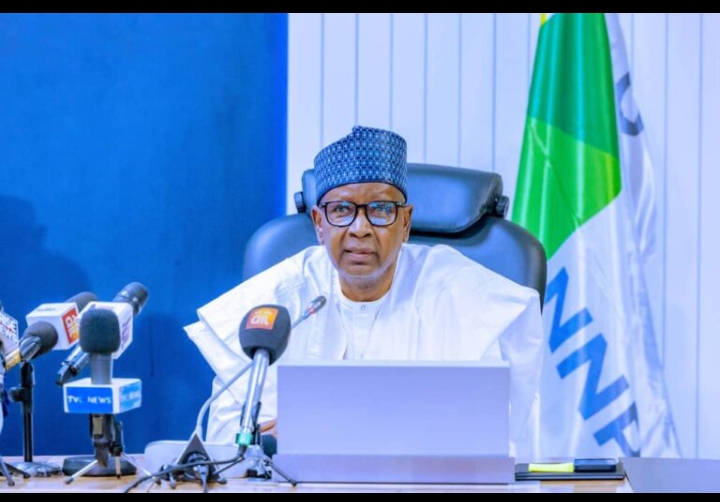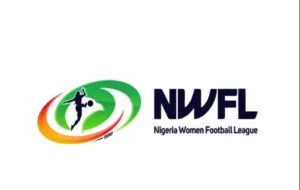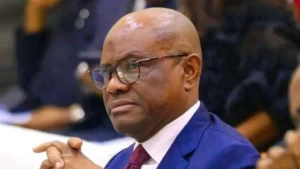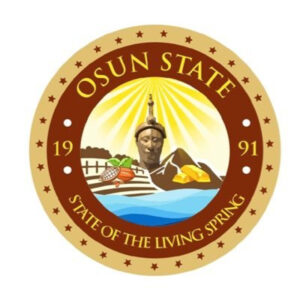In a recent announcement, the Nigerian National Petroleum Company Limited (NNPC Ltd.) clarified that it has not been paying fuel subsidies for the past nine months, despite selling fuel at prices lower than the landing cost.
According to Umar Ajiya, NNPC’s Chief Financial Officer, the company is not engaged in subsidizing fuel. Instead, NNPC is managing the shortfall in Premium Motor Spirit (PMS) importation between the company and the federation. Ajiya explained that this approach doesn’t involve subsidy payments but rather reflects how the company handles fuel imports and pricing.
He said,
“In the last eight to nine months, NNPC Ltd. has not paid anybody a dime as a subsidy; no one has been paid Kobo by NNPC Ltd. in the name of subsidy.”
“No marketer has received any money from us by way of subsidy.
“
“What has been happening is that we have been importing PMS, which has been landing at a specific cost price, and the government tells us to sell it at half price.“
“So the difference between the landing price and that half price is a shortfall.”
“And the deal is between the Federation and NNPC Ltd., to reconcile, sometimes they give us money, so there is no money exchanging hands with any marketer in the name of subsidy,”
He further noted that the company has maintained strong credit lines with fuel suppliers, which is a common practice in the global oil market. This allows NNPC to operate on an open credit agreement, securing fuel imports on credit and paying later under agreed terms. These arrangements are part of the global commercial system in the downstream sector, and they highlight the company’s strategic financial management.
Dapi Segun, NNPC’s Executive Vice President of downstream operations, supported this by pointing out that the open credit agreements underscore the trust and credibility NNPC has developed with its suppliers over time. This credibility allows NNPC to sustain fuel imports and distribution without relying on subsidies.
“Concerning the outstanding to the suppliers, it is not in that magnitude that has been put out, it is lower than the $6.8 billion.”
“What really matters is the relationship between us and our suppliers to ensure that we keep faith in making these payments to our suppliers, which we have done over time.
“
“You would understand that it is not a static figure, and I wouldn’t want to quote any figure. When we make payments, it goes down, and when they supply products, it goes up.“It is a dynamic way, but the most important thing is to ensure that we continue to make PMS available across the country,” he said.
In summary, while fuel is being sold at a lower price than the landing cost, NNPC is able to maintain these prices due to its financial strategy and credit agreements, not through subsidy payments. This approach has been key to ensuring consistent fuel supply in Nigeria.







